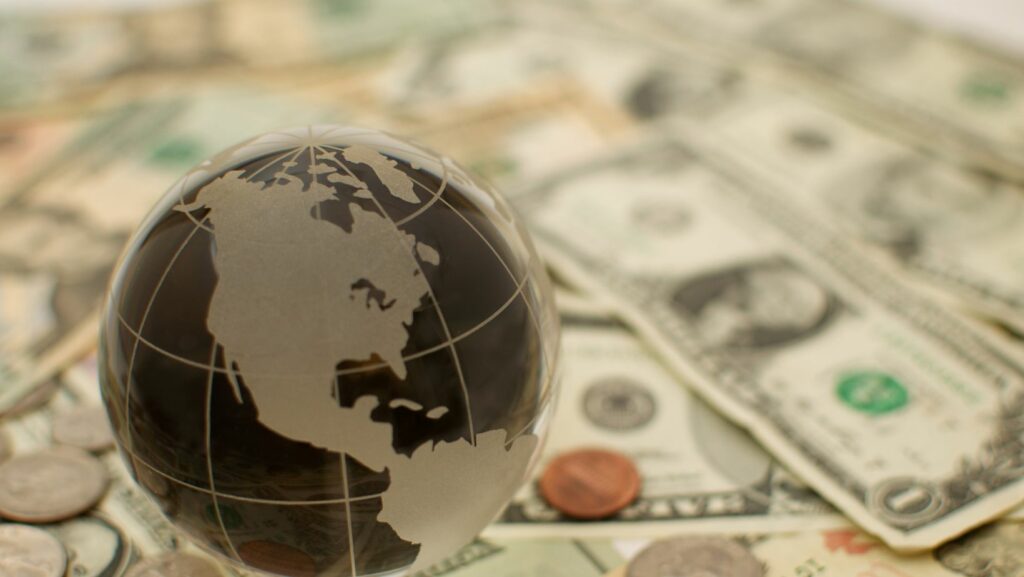As someone deeply interested in global economics, How do import tariffs affect the overall efficiency of the world economy? to be a fascinating subject. Tariffs, essentially taxes on imported goods, play a significant role in shaping international trade dynamics. The way countries impose tariffs can have far-reaching consequences on various sectors and ultimately influence the overall efficiency of the global economic landscape.
In my exploration of this topic, I’ve delved into how tariffs can disrupt supply chains, alter consumer behavior, and even trigger trade wars between nations. Understanding the intricate relationship between tariffs and economic efficiency is crucial in grasping the complexities of modern trade policies and their implications on a worldwide scale.
How do Import Tariffs Affect the Overall Efficiency of the World Economy?
What Are Tariffs?
Tariffs are taxes imposed on imported goods by governments to regulate trade flow and protect domestic industries. They serve as a source of revenue for the government and can affect the prices of imported products.
The Role of Tariffs in International Trade

Tariffs play a significant role in shaping international trade dynamics. They can influence the competitiveness of domestic industries, alter consumer purchasing patterns, and impact global supply chains. Moreover, tariffs are often used as a tool in trade negotiations between countries to address trade imbalances and protect strategic industries.
How Tariffs Affect the Overall Efficiency of the World Economy
Impact on Pricing and Inflation
How do import tariffs affect the overall efficiency of the world economy? When tariffs are imposed on imported goods, they often lead to an increase in the prices of those products. As a consumer, higher prices can directly impact my purchasing power, influencing my buying decisions and overall consumption patterns.
Additionally, tariffs can contribute to inflationary pressures within an economy. The added cost of imported goods due to tariffs can cascade through the supply chain, ultimately affecting the prices of various products and services in the domestic market. Understanding how tariffs affect pricing and inflation is essential in gauging their broader economic ramifications.
Effects on Global Supply Chains

The imposition of tariffs has profound implications for global supply chains, altering the flow of goods and services on an international scale. As a key player in the global market, disruptions caused by tariffs can influence my ability to access a diverse range of products from different regions.
Comparative Analysis of Economies With and Without Heavy Tariffs
Case Studies of High Tariff Countries
How do import tariffs affect the overall efficiency of the world economy? it’s crucial to analyze case studies of countries that have implemented high tariff rates. These countries often use tariffs as a protective measure to shield domestic industries from foreign competition and to boost local production. However, the consequences of such policies can be significant.
Comparing Economic Growth Rates

When comparing the economic growth rates of countries with and without heavy tariffs, a clear pattern emerges. Nations with low tariff barriers tend to experience higher economic growth rates over time. By encouraging open trade and foreign investments, these countries create a conducive environment for businesses to thrive and expand. This results in increased productivity, job creation, and overall economic prosperity.
Government Policies on Tariffs
Analyzing the impact of government policies on tariffs is crucial in understanding their effects on the global economy. Tariffs are a key tool used by governments to regulate trade flows and protect domestic industries. The strategic implementation of tariffs can either promote or hinder economic efficiency based on the balance of trade-offs. Lowering tariffs can lead to increased international trade, fostering economic growth through enhanced market access and cost-effective sourcing.
Future of Global Trade Agreements
The future of global trade agreements lies in navigating the complex interplay between tariffs, international relations, and economic growth. As nations strive for economic prosperity, trade agreements play a vital role in shaping the landscape of global commerce. The evolution of trade agreements towards reducing tariffs and promoting free trade reflects a shift towards a more interconnected and efficient global economy.


